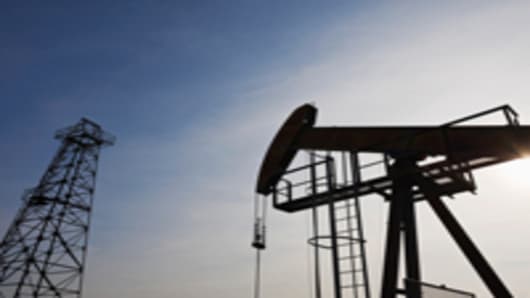Iraq’s contribution to the world’s oil supply will significantly increase to more than 8 million barrels a day by 2035, outstripping its current output, the International Energy Agency said on Tuesday.
In its “Iraq Energy Outlook” report, the IEA said the country’s oil and gas reserves would be key to its own future, as well as playing an essential role in stabilizing the global energy markets.
It is expected that Iraq will dominate oil supply over the coming decades and will become the world’s largest oil exporter after Russia by the 2030s.
Iraq will also become the key supplier to the fastest growing economies of Asia, the report said.
“Developments in Iraq’s energy sector are critical to the country’s prospects and also for the health of the economy,” Fatih Birol, chief economist and the report’s author said.
He went on to warn, however: “Success is not assured and failure to achieve the anticipated increase in Iraq’s oil supply would put global markets on course for troubled waters.”
The report notes that one of the biggest obstacles to Iraq’s more prominent role is the supply of electricity in the country with “supply insufficient to meet demand” and building a modern electricity system is recognized by the report as an “immediate priority.”
Iraq would need to invest over $530 billion in its energy sector for the country to realize its potential by 2035, according to the report, but it would stand to gain much more than its investment with receipts predicted to top $5 trillion over that period.
Brent crude has been rising in recent days, hitting $113 a barrel as continued tensions between Syria and Turkey have raised concerns about supply disruptions.
Mark Lewis, head of energy research at Deutsche Bank, said the Syrian conflict and the gloomy world economic outlook was now affecting oil prices.
“The range of Brent crude that we’ve been seeing lately, the last two or three months, where it has ranged between $100 to $110 a barrel, tells us that despite the rather gloomy economic outlook there are still concerns about production and supply so anything that adds to tensions will add to bullish sentiment in the oil price,” he said.
—By CNBC’s Shai Ahmed; Follow Her on Twitter @shaicnbc


